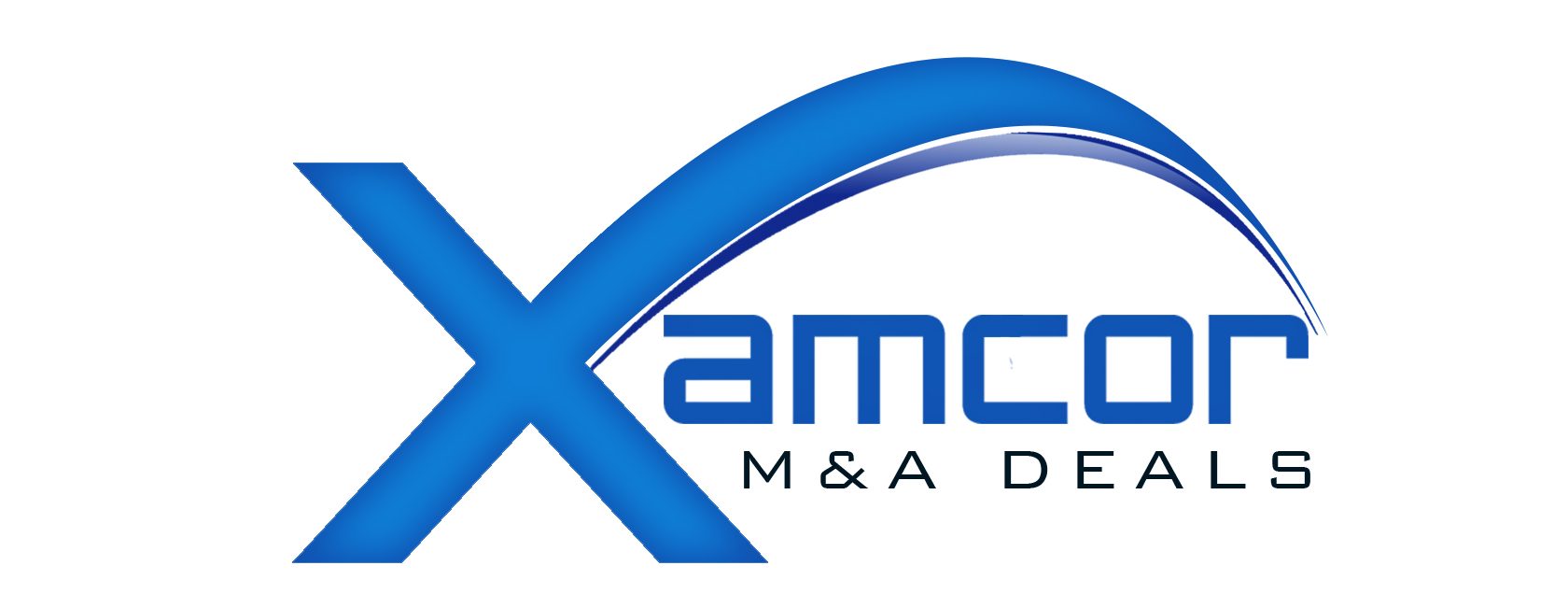OpenText eyeing significant acquisition driven growth: CEO
Targets spending $3B over next several years
OpenText Corp OTC.TO, one of Canada’s most valuable technology companies, plans to roughly double its revenue and cash flows in the next few years largely through acquisitions, its Chief Executive Mark Barrenechea said on Wednesday.
“When we look out over the next three to four years, we are looking to spend $3 billion in acquisitions, and we typically buy revenue at a 2 times multiple, so that would be $1.5 billion of acquired revenues,” Barrenechea said during an interview in Toronto.
“If you just use the low end of our target margin range of 34 percent that $3 billion in acquisitions will double the cash flow of the company,” he said.
The acquisition-driven growth will likely be funded largely through existing cash flows and debt, said Barrenechea, noting the company is currently generating about $600 million in cash flow annually.
OpenText says its customers include around 90 percent of the Fortune 500 companies, and adds that it has about 10 percent of a $25 billion enterprise information management (EIM) market.
It competes with the likes of IBM IBM.N, as well as EMC Corp EMC.N, Hewlett Packard Enterprise HPE.N and others to sell software to companies to automate their business processes. OpenText revenue has nearly doubled from about $1 billion in 2011 to $1.85 billion at the end of its last fiscal year in June 2015.
The Waterloo, Ontario-based business software maker, which last month unveiled a major upgrade to its suite of data management tools, plans to stay focused on deals in the EIM space.
“We pretty much know what we want to buy within the EIM sphere, the art form is making it actionable,” Barrenechea, who has led the company for nearly four years.
One obstacle to finding acquisition targets, said Barrenechea is that valuations in the tech sector are currently too high, especially on companies that are not generating cash.
Barrenechea noted that last month, banks could not get markets to buy bonds and loans that they underwrote to finance Carlyle’s acquisition of Veritas. He called that a “warning shot that everyone should listen to.”
“I’m no millennial, but I’ll tell you a principle that transcends generations – it’s called cash flow.” he said. “When rates start going up in the U.S. I think realism will come back and these wacko valuations will start to correct themselves. And we’ll be right there to pick up the pieces given our patience.”



